Spray Plants with Vinegar: [Effects, Application and Utility]
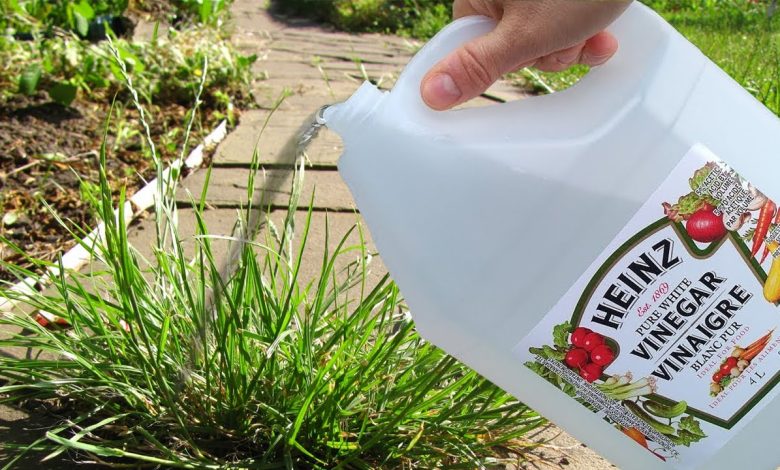
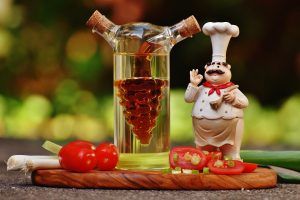 Vinegar is a very useful product in everyday life. In addition to the most frequent uses at the gastronomic level, it is also ideal for garden tasks.
Vinegar is a very useful product in everyday life. In addition to the most frequent uses at the gastronomic level, it is also ideal for garden tasks.
Did you know that you don’t need to spend a lot of money on insecticides because certain species can be attacked with vinegar?
If you have been surprised, do not stop reading what we bring you next because you will surely get rid of a headache. Are you coming?
What happens if we apply vinegar to plants?
Vinegar is a useful product to keep plants free from certain types of pests and diseases. In the case of pests, it tends to be excellent as a repellent due to the pronounced odor, which is unpleasant for some species.
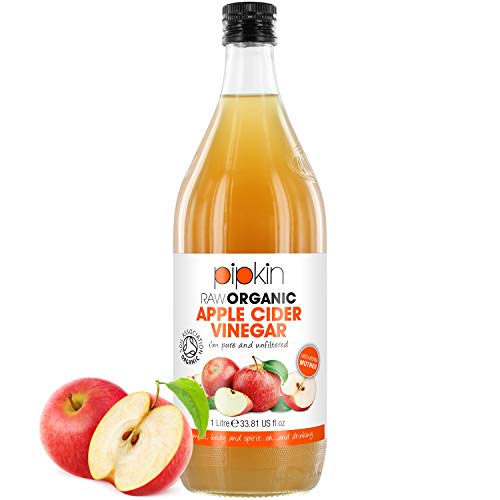
In the case of diseases, it is capable of attacking some types of fungi and, due to its antiseptic properties, it helps to heal wounds. This means that vinegar can help in the development and general health of crops.
What insects does vinegar kill?
Vinegar is not a natural insect killer, but its main function is repellent. It is especially useful at times when ants, aphids, fruit flies and flies in general, mosquitoes, etc. appear.
How to use vinegar as an insecticide?
Vinegar can be used as an insecticide in its pure state or diluted in water, depending on the type of plant, the pest to attack and the level of presence they have.
In the same way, it is useful to keep the environments of crops clear of weeds, as it is also capable of operating as a herbicide.
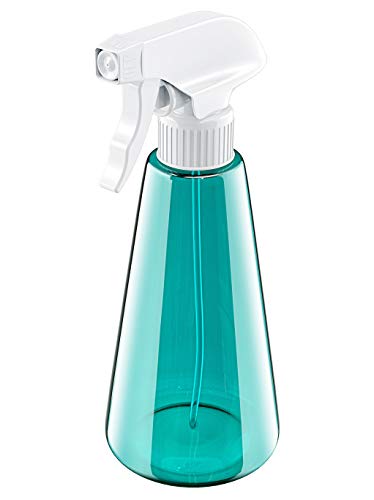
In some cases, mixtures are made with other products in order to achieve a more pronounced effect, such as when soap or salt is added.
The use of sugar, for example, is useful in working against some types of insects, such as fruit flies. Here are the most common recipes for using vinegar on plants:
Dishwashing soap and vinegar mixture
It is a powerful herbicide that will kill the life of weeds. The idea is to mix a glass of vinegar and half a glass of dishwashing soap in water. Then you will have to spray it all over the contour.
Since it is also an insecticide, it will prevent crawling bugs (such as ants) from affecting the plants.
Mix vinegar with water
It is a simple mixture that you can apply directly to the plants, ensuring that the concentration of vinegar is not so high that it can affect their health.
How to eliminate aphids with vinegar?
Aphids are one of the most common pests that attack crops and that we can work with vinegar. Its composition gives it repellent properties to keep these insects away from plant structures, so its action is primarily preventive.
However, if you already have an attack of aphids in progress, vinegar can also help you get rid of your crops.
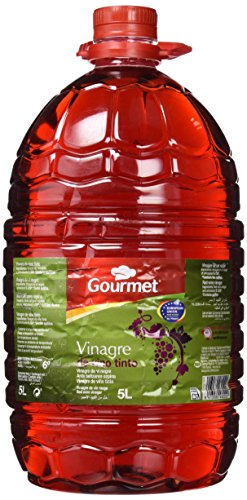
In this case, wine vinegar is the most effective and you will have to dilute it in water, ensuring 10 liters of water for each liter of vinegar.Spray or wash the leaves of the plants with this mixture and repeat as many times as necessary.
How to use apple cider vinegar on plants?
Vinegar for gardening can be of any type, but apple cider vinegar has a very particular use in the preservation of flowers that have already been cut.
Since a wide variety of flowers are more prone to liking acidic environments, it makes the apple cider vinegar included in the vase water much more pleasant for them.
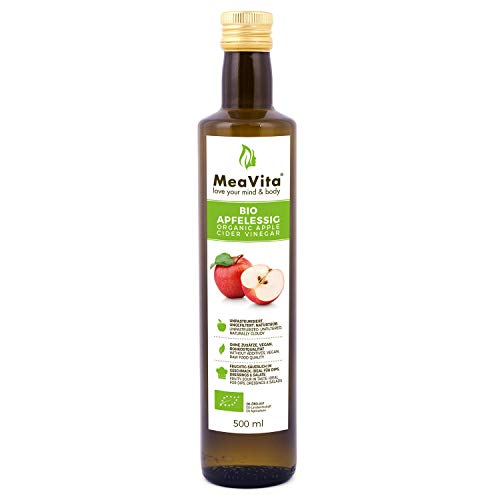
It can also be used to keep out certain insects and larger animals (such as raccoons), kill fungus, and even disinfect tools. The best thing is that apple cider vinegar is a very cheap product that you can even make at home in just a few steps.
How useful is vinegar in crops?
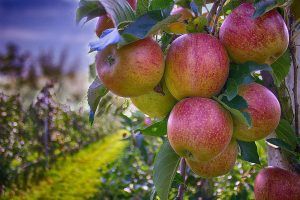 Apart from being an excellent tool to counteract the effect of pests, it is also capable of improving the acidity level of the soil.
Apart from being an excellent tool to counteract the effect of pests, it is also capable of improving the acidity level of the soil.
This is a condition that many species demand and appreciate in order to develop.
In the case of water with a high lime content, adding a little vinegar will help dilute the lime, making it more suitable for irrigation.
The use of vinegar has become very popular in the agricultural world, especially at the level of home gardens. The main reasons are summarized as follows: it is easy to obtain and does not generate an environmental impact, damage to crops or other living beings.
All this prints a high level of security that is complemented by the efficiency of its use.
Bibliographic references
- Chemistry in the garden, M Sandoval – Chemical Education, 1991 – magazines.unam.mx
- Garden and chemical traffic light, EV Carrasco – Chemistry Magazine, 1997 – revista.pucp.edu.pe
- Wine vinegar, CL Marchena, MC Polo – 1991 – books.google.com
- Vinegar as a desiccant for cover plants and its effect on soil microbial activity in a direct seeding system, SM Cedeño, JC Galvao, CD Melo, EC Bermúdez – La Técnica, 2016 – dialnet.unirioja.es

![Photo of Bougainvillea Cuttings in Water: [Concept, Time, Rooting and Planting]](https://www.complete-gardening.com/wp-content/uploads/2022/08/bougainvillea-cuttings-in-water-concept-time-rooting-and-planting-390x220.jpg)
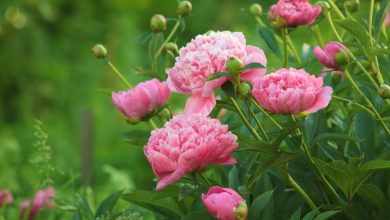
![Photo of Planting Avocados: [Forms, Transplantation, Irrigation, Soil and Diseases]](https://www.complete-gardening.com/wp-content/uploads/2022/08/planting-avocados-forms-transplantation-irrigation-soil-and-diseases-390x220.jpg)
![Photo of Mulch: [Examples, Materials and How to Make a Homemade One]](https://www.complete-gardening.com/wp-content/uploads/2022/08/mulch-examples-materials-and-how-to-make-a-homemade-one-390x220.jpg)